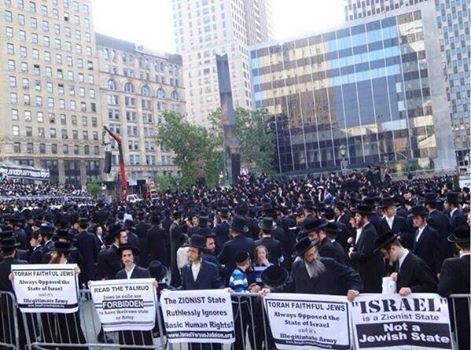The website Kalifa features reflections from Professor David Shulman of the Hebrew University of Jerusalem, amid Israeli attacks on Gaza, protests in Israel, and right-wing attacks on the protestors.
The thoughts of Professor Shulman, a scholar on the history of religion in South India, poetry, and poetics, are circulated by his colleague Professor Louise Bethlehem.
July 12, 2014 Umm al-Ara’is, Susya, Bi’r al-‘Id, Ma’asara
Business as usual in the South Hebron hills. There’s a war on in Gaza, but that too is business as usual, the meaningless biannual ritual in which both sides gleefully smash one another before reverting to the status quo ante. The Israeli media are drowning us in words, a vast and raucous flood, and the government is putting out its familiar, mendacious statements; perhaps in recent days only Abu Mazen has spoken the truth. The only solution, he said, is a political one, and Netanyahu is no partner. Meanwhile, rockets are flying, the Air Force is bombing, children are dying, soldiers are doing what soldiers mostly do, that is, wait around, and in South Hebron the land-grab proceeds apace, as always. Nothing, it seems, can stop that.
But wait a minute, some things have changed. Since the horrible murder of three Israeli teenagers, followed by the equally abominable revenge killing of the Palestinian boy from Shuafat, Israel has witnessed a wave of racist hatred on a scale perhaps not known before. Part of it has to do with the near-infinite opportunities of the internet: tens of thousands of virulent hate messages sent by ordinary Israelis have clogged the major sites; thousands of them call openly for revenge. I remember a time somewhat like this one, in the summer and autumn of 1982, the days of the first Lebanon War; the nadir came when a hate-filled nationalist threw a grenade into a Peace Now demonstration, killing my student, Emil Grunzweig. Some of the internet sites these days have called for the execution of leftists. Perhaps most striking of all is the utter shamelessness of this wave. Probably people used to have these same feelings but were not so ready, or eager, to state them in public. Decades of demagoguery and xenophobic incitement by the right, including, famously, by Netanyahu himself, have had an effect. The sluices are open.
The other innovation in the public sphere is the presence of Israeli lynch gangs prowling the streets of downtown Jerusalem. Sporadic outbursts of mob violence have been seen here before, but this time, after the killing of the teenagers, we saw organized Fascist groups attacking any Palestinians unlucky enough to be going home late at night, after work (the restaurants and pubs in Jerusalem employ many Palestinian workers). Ta’ayush kept small groups of volunteers in the city center for most nights last week and the week before with the aim of forestalling such attacks; there were cases when the police were called in to save Palestinians trapped by savage Jewish mobs. A particularly terrible case occurred when the Light Rail, the electric tram, was surrounded by rabble screaming “Death to Arabs!” A Palestinian Ph.D. student in Islamic studies at the University, a woman well known to my colleagues, was caught in the tram and witnessed passengers trying to shove another Palestinian woman, a young mother with her baby, out of the carriage, into the hands of the mob. Most of the passengers, as always in such cases, watched passively. Fortunately, the tram was eventually able to continue its journey, and the mother and child survived.
I wrote “as always” but it’s a mystery to me, still, I can’t help it. How can those people who were in the tram live with themselves? I don’t believe they’re all consumed by demented hatred. Here is what Joachim Prinz, who had first-hand experience of Germany in the 1930s, said during the March on Washington in 1963:
“I was the rabbi of the Jewish community in Berlin under the Hitler regime. I learned many things. The most important thing that I learned in my life is that bigotry and hatred are not the most urgent problem. The most urgent, the most disgraceful, the most shameful, and the most tragic problem is silence.”
For this, you don’t need mobs in the streets; look at South Hebron. Here we’re speaking not of Nazis but of enduring, insidious silence, the complicity of ordinary decent people with a system of rampant injustice. Today we had the weekly march at Umm al-Ara’is, to the edge of the stolen fields. Some twenty-five soldiers and police were waiting for us before we even got started. They had the inevitable, illegal order proclaiming the area a Closed Military Zone, and a map that was crudely drawn—so crudely, and off target, that had we seen it early enough we would have ignored the order and marched straight into the fields. As it was, we stood there while Sa’id argued with the bald, cynical officer from the Civil Administration, and the kids played on the rocks, and the cameras whirled, and the sun charbroiled us, and the dust made my eyes ache and water, and after an hour or so we left.
As I write this, the sirens have just gone off, and we’ve heard two explosions, somewhere. Rockets.

